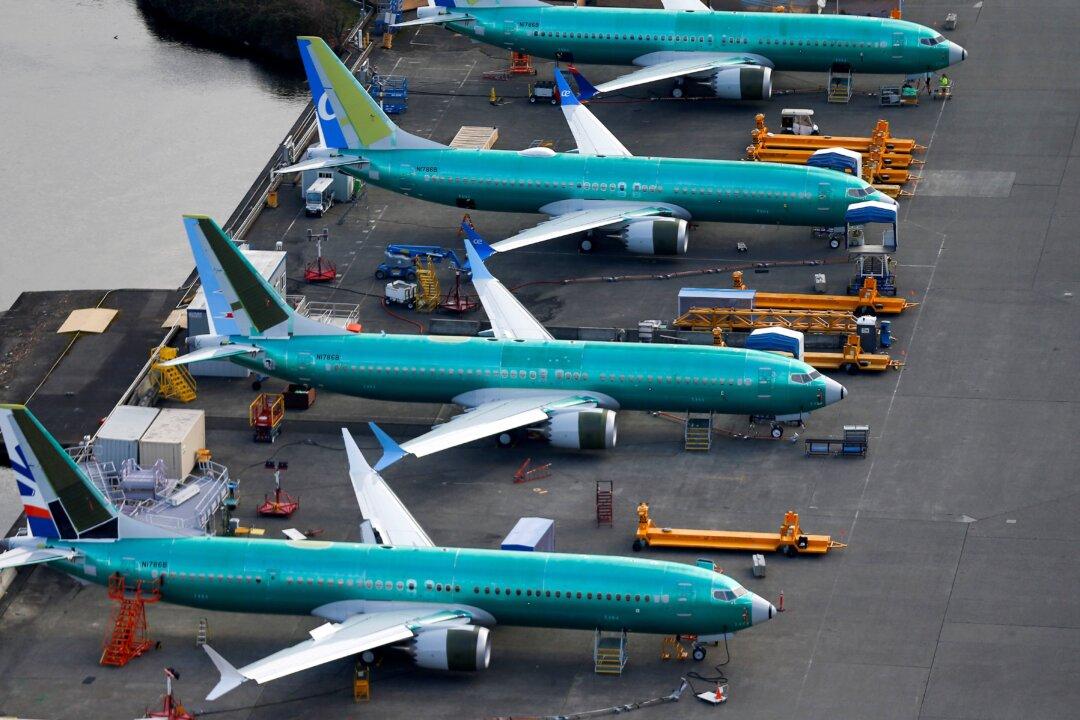In the wake of two fatal Boeing jet crashes that sparked worldwide grounding of the airline’s flagship aircraft, the Federal Aviation Administration (FAA) is set to implement major changes to its oversight approach to air safety, according to written testimony from Transportation Department Inspector General Calvin Scovel that was reviewed by Reuters.
The FAA’s acting administrator, Dan Elwell, meanwhile, will make the case that the agency’s approach must “evolve,” after the accidents involving Boeing Co 737 MAX passenger jets killed nearly 350 people since October. Both Scovel and Elwell will testify at a Senate Commerce Committee panel hearing on March 27.





